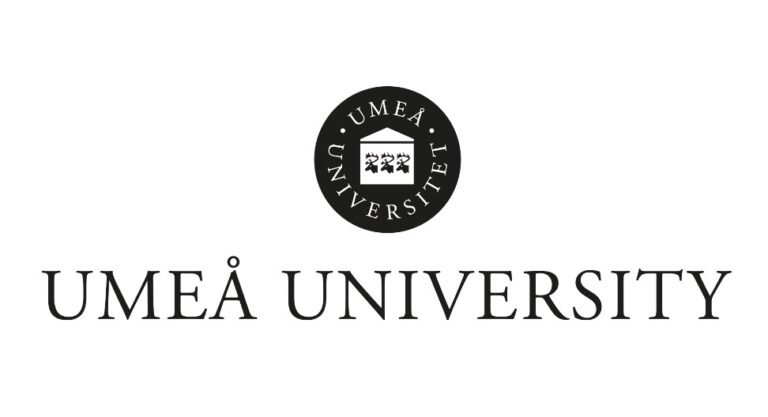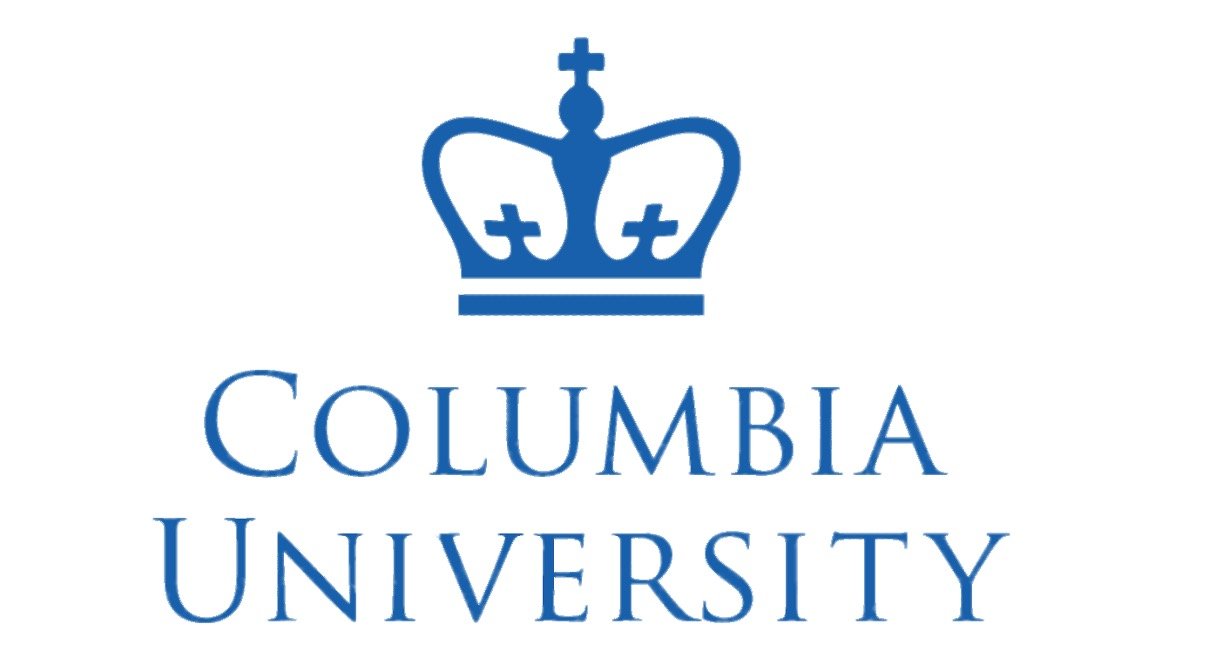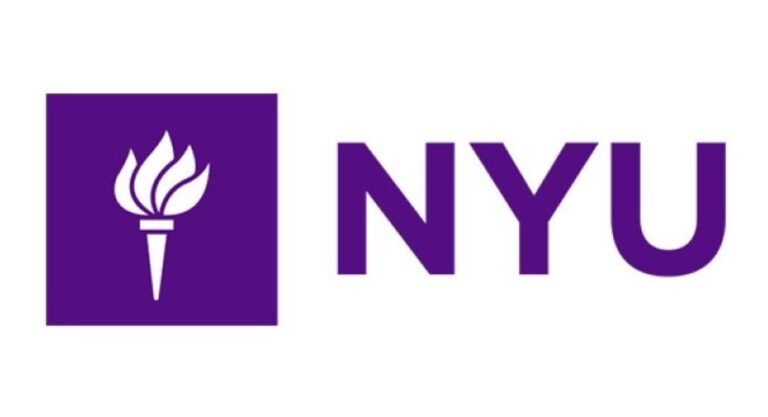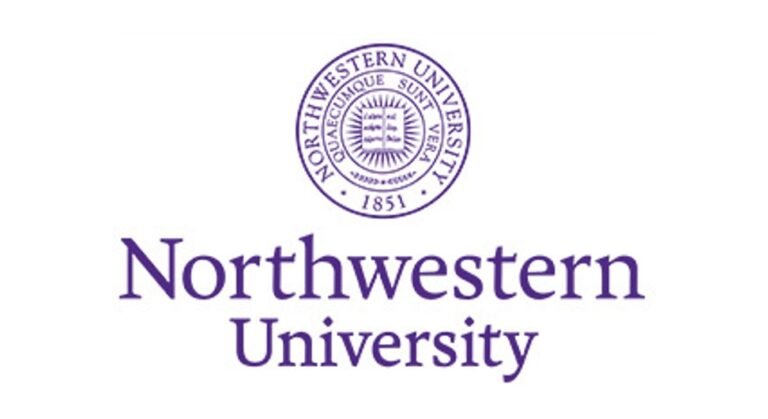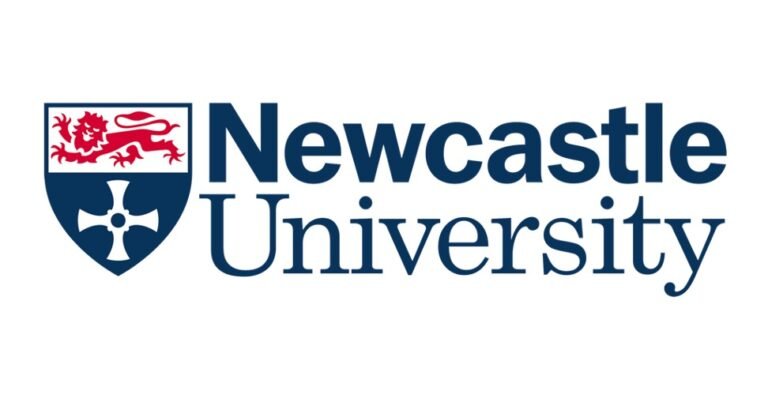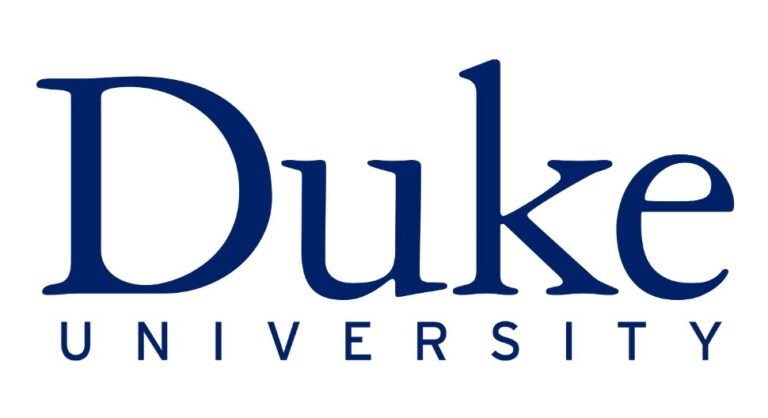Umeå University is one of Sweden’s largest higher education institutions with over 37,000 students and about 4,700 employees. The University offers a diversity of high-quality education and world-leading research in several fields. Notably, the groundbreaking discovery of the CRISPR-Cas9 gene-editing tool, which was awarded the Nobel Prize in Chemistry, was made here. At Umeå University, everything is close. Our cohesive campuses make it easy to meet, work together and exchange knowledge, which promotes a dynamic and open culture.
The ongoing societal transformation and large green investments in northern Sweden create enormous opportunities and complex challenges. For Umeå University, conducting research about – and in the middle of – a society in transition is key. We also take pride in delivering education to enable regions to expand quickly and sustainably. In fact, the future is made here.
Are you interested in learning more? Read about Umeå university as a workplace
Department of Physics at Umeå University Research (umu.se) conducts strong research in the areas of organic electronics, condensed matter physics, nanotechnology, photonics, theoretical and computational physics.
The Department of Physics is looking for a PhD student in computational science with a focus on digital physics and machine learning. The position is for four years of full-time doctoral studies. Application deadline is December 31st, 2024. The employment starts in March 2025 or according to agreement.
Project description
Physics-based simulation is a popular tool for training and testing of AI models and control systems for robots and vehicles. In virtual environments, large amounts of annotated training data can easily be produced. However, guaranteeing safe and effective behavior in situations that differ markedly from the training cases remains a major challenge.
The doctoral project explores techniques for creating hybrid models that combine physics-based models and numerical solvers with deep learning, as well as novel ways of embedding these models in the systems for motion planning and control of robots and machines. The systems are thereby made aware of physics, which aims to make them safer and better at adapting to sudden changes in the environment. The project focuses in particular on the physics of mobile machines operating in rough and deformable terrain, equipped with manipulators for digging and loading granular materials and objects.
The doctoral student position is linked to the research group Digital Physics located at UMIT Research Lab, which brings together computationally oriented researchers in the areas of computer science, physics and mathematics. The project is part of the EU-project XSCAVE. This offers excellent opportunities for international exchange and collaboration with leading research groups and companies in the field of AI robotics, simulation, mobile robotics and offroad heavy equipment.
Terms of employment
The employment is expected to result in a doctoral degree and the main assignment for the doctoral student is thus to be active in research, study doctoral courses, and possibly participate in teaching of courses at undergraduate level. The financing time is limited to four years full time. Teaching and other departmental work (up to a maximum of 20%) can be included. The employment is limited to four years at full time or up to five years if teaching and other departmental work is performed. The salary is fixed according to the established salary level for doctoral students.
Competence requirements
To be admitted for studies at third-cycle level the applicant is required to have completed a second-cycle level degree, or completed course requirements of at least 240 ECTS credits, of which at least 60 ECTS credits are at second-cycle level, or have an equivalent education from abroad or equivalent qualifications.
To fulfil the specific entry requirements to be admitted for studies at third-cycle level in computational science and engineering, the applicant is required to have completed at least 90 credits in computational science and engineering courses (such as mathematics, mathematical statistics and computing science), of which at least 30 credits shall have been acquired at second-cycle level.
The requirements do not need to be fulfilled at the time of application but only at the enrollment.
The successful candidate should hold a master degree in physics, engineering physics, or equivalent. The candidate should have knowledge of computational physics, machine learning, and programming skills in C/C++ or Python. Experience of high-performance computing, control systems, or robotics, will be seen as an advantage, as is experience in simulator development using physic engines. The successful candidate must be highly motivated and have the ability to work independently as well as a part of the research group. Fluency in written and oral English are essential.
Application
The application should include the following:
1. A personal letter with a brief description of qualifications, research interests, and why you are interested in the position (max. 1 page)
2. Curriculum vitae.
3. Certified copies of relevant degree diploma(s).
4. A list of university courses with grades. Note that for international applicants the grading system should be explained in brief.
5. A copy of master thesis and publications (if any).
6. Contact information of three reference persons.
Applications must be submitted via e-recruitment system Varbi no later than 2024-12-31. All documents should be uploaded in pdf format.
Information
For more information contact Martin Servin, email: martin.servin@umu.se, tel: +4690-786 6508
We look forward to receiving your application!
